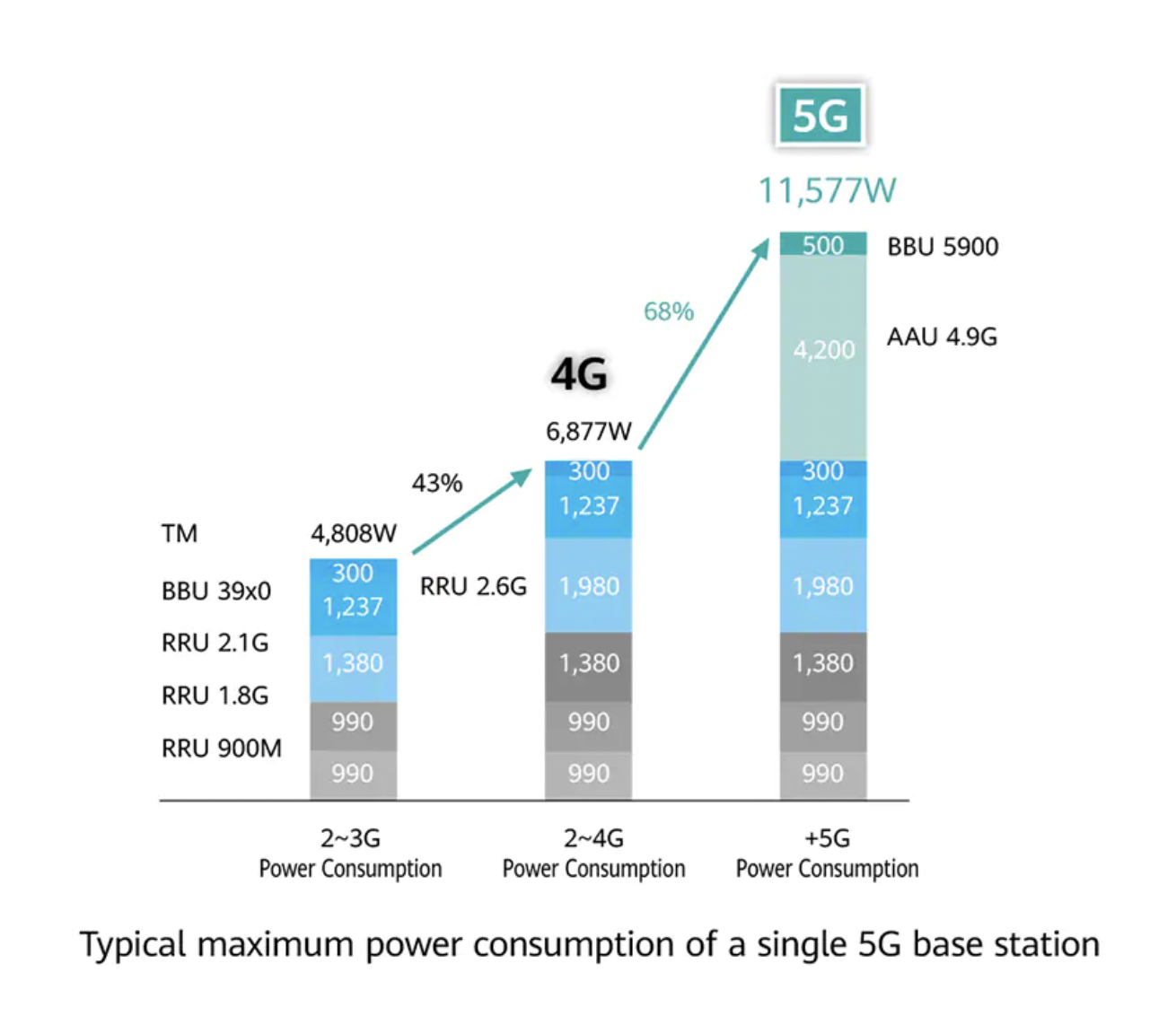In 2016, the Paris Agreement – an effort to keep global warming below 2 degrees Celsius – came into force. One of the most advertised ways to achieve this sustainability goal is reaching net zero greenhouse gas emissions by 2050. But companies need to start acting for real now, said Kimberley Trommler, Head of Bavarian initiative Thinknet 6G.
During a panel at the Brooklyn 6G Summit, she observed that industries are not promoting enough change to cut carbon emissions as they are supposed to.
According to a GSMA report, 80% of the global mobile industry (by revenue) is now disclosing their climate impacts, energy, and greenhouse gas emissions. 67% of the industry (by revenue) has committed to Science-Based Targets to cut their carbon emissions rapidly over the next decade. Also, 33% has promised to reach net zero emissions by 2050.
“Now, that looks pretty good on the surface. It gives the impression that companies in the mobile industry are taking emissions seriously,” Trommler said about sustainability efforts. “But if you look at it again and read between the lines, there’s a lot of commitment still missing.
“Yes, 80% are reporting [their climate impacts], but ‘reporting’ does not mean they’re actually reducing emissions. Two-thirds have committed to reducing emissions ‘rapidly,’ whatever ‘rapidly’ means. And one-third have committed to net zero by 2050. If we turn that around, it means that two-thirds have not committed to net zero by 2050. That is, twice as many have not committed to a goal,” she pointed out.
It will be difficult to keep global warming under control without making these changes. According to the Intergovernmental Panel on Climate Change (IPCC) – the United Nations body responsible for assessing the science related to climate change – the energy sector accounts for about a quarter of global emissions.
According to the IPCC, limiting warming to around 1.5°C (2.7°F) requires global greenhouse gas emissions to peak before 2025 and be reduced by 43% by 2030.
Higher Data Usage, Higher Emission Rates
ITU forecasts mobile data traffic, including machine-to-machine communications, will reach 158 exabytes in 2022 (over 165 million terabytes) and 5,016 exabytes by 2030 (or 5.2 billion terabytes).
Considering that a possible 6G network is expected to increase connection density by 900%, the growth in data usage promises to be even more exponential. And data traffic requires energy.
According to Chinese manufacturer Huawei, energy consumption per unit of data (watt/bit) is much less for 5G than 4G, but power consumption is much higher. “In the 5G era, the maximum energy consumption of a 64T64R active antenna unit (AAU) will be an estimated 1 to 1.4 kW to 2 kW for a baseband unit (BBU).”

In Trommler’s opinion, this scenario requires a fundamental mindset change when thinking about sustainability for new technologies. “The mobile network is critical to society and to reaching the sustainable development goals. We simply cannot allow the network to become unstable or to reach a tipping point,” she claimed.
“We need to align conflicting priorities between environmental and economic goals, and we need to do this in a global arena where individuals, countries, regions, corporations, and lobbyists are fighting for their best interests over global best interests.”
She goes further to suggest a controversial solution for sustainability in the telecoms sector: Data usage charges.
“I believe we, the mobile industry, need to have the same, very difficult conversations that the energy sector has on how to handle growth and how to set priorities,” she explained.
“We need to continue working on new technologies, and we need to shift consumption patterns. We must educate consumers about the true cost of the digital services they’re using. We need to start charging for usage. Or say, ‘here’s a private jet you can use anytime you want for free. But, you know, remember: Walking and biking are better.”
Regardless of which way society decides to go, Trommler believes reaching net zero is a feasible challenge. A complex and difficult one, though. “I believe we can get growth under control, but that it won’t be easy. We can meet the sustainable development goals, and we can reach net zero by 2050, but only if we truly commit to those goals and act accordingly.”







